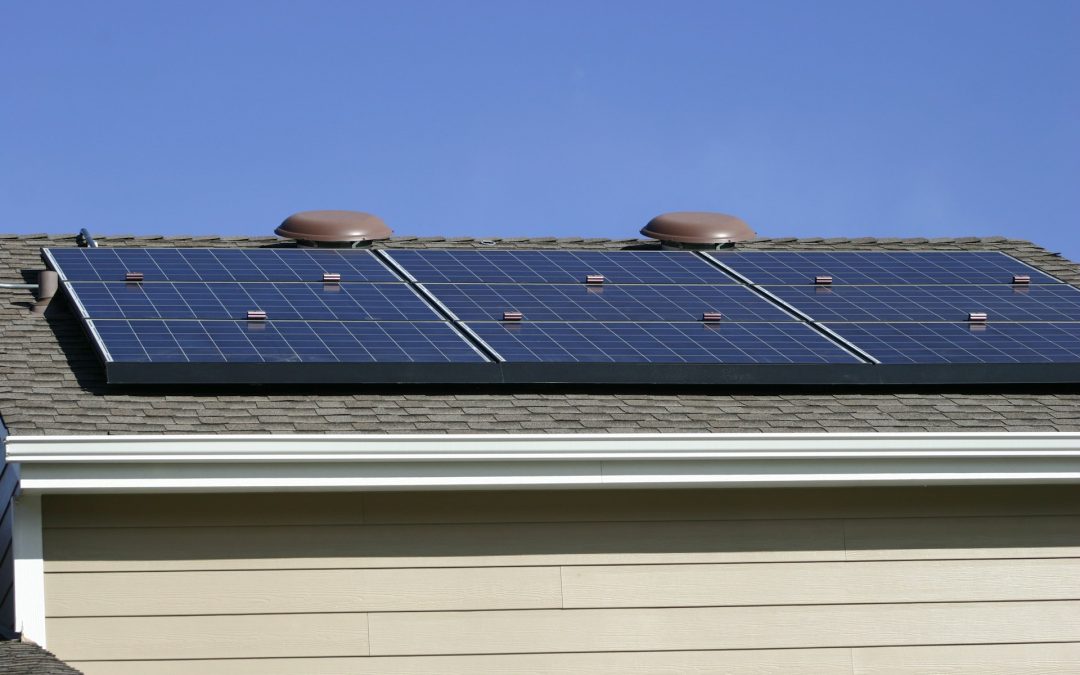Reducing our carbon footprint is crucial for a healthier planet. Traditional energy sources like coal, natural gas, and oil emit large amounts of carbon dioxide, contributing to global warming and environmental degradation. Transitioning to renewable energy sources can drastically cut down these harmful emissions, creating a sustainable future for generations to come.
Solar panels offer a clean and efficient way to produce energy without releasing carbon dioxide or other greenhouse gases. By harnessing the power of the sun, solar panels generate electricity in an environmentally friendly manner. This makes them an excellent alternative to fossil fuels, which are finite and polluting.
Understanding how solar panels work and their impact on the environment can help you make informed decisions. Switching to solar energy is not only a smart financial move but also a significant step towards protecting our planet. By adopting solar technology, you join a growing number of people dedicated to conserving natural resources and reducing carbon emissions.
The Environmental Impact of Traditional Energy Sources
Traditional energy sources such as coal, oil, and natural gas are significant contributors to carbon emissions. These fossil fuels release vast amounts of carbon dioxide (CO₂) and other harmful greenhouse gases into the atmosphere when burned to produce energy. This leads to global warming, climate change, and a variety of environmental problems. Additionally, mining and drilling for these resources can cause significant harm to landscapes, forests, and water bodies.
Comparing fossil fuels with renewable energy reveals stark differences. Fossil fuels produce a high level of pollution during extraction, refining, and combustion. In contrast, renewable energy sources like solar and wind generate electricity without emitting greenhouse gases. Solar panels, in particular, capture energy from the sun and convert it into electricity without causing any direct harm to the environment. The shift from fossil fuels to renewable energy is essential for reducing carbon emissions and protecting the planet.
How Solar Panels Generate Clean Energy
Solar panels generate clean energy by converting sunlight into electricity. They are made up of photovoltaic (PV) cells that absorb sunlight. When sunlight hits these cells, it excites the electrons within them, creating an electrical current. This process is known as the photovoltaic effect. The generated electricity can then be used to power homes and businesses or stored in batteries for later use.
The benefits of solar energy over conventional energy sources are numerous. First, solar panels produce electricity without emitting carbon dioxide or other harmful pollutants. This means they contribute to cleaner air and reduce global warming. Second, solar energy is renewable and abundant, whereas fossil fuels are finite and depleting. Lastly, solar installations have a long lifespan and require minimal maintenance, making them a cost-effective solution in the long run. Switching to solar energy not only helps reduce carbon footprints but also promotes a sustainable and cleaner environment.
Quantifying Carbon Footprint Reduction with Solar Panels
Using solar panels can significantly reduce carbon emissions. On average, a residential solar panel system can offset about 3 to 4 tons of carbon dioxide annually. This is the equivalent of planting over 100 trees each year. By switching to solar energy, homeowners and businesses can drastically cut down their greenhouse gas emissions, helping to combat climate change.
Real-world data shows the tangible impact of solar energy on reducing carbon footprints. For example, large-scale solar farms can offset tens of thousands of tons of CO₂ each year. In Los Angeles, solar installations have reduced carbon emissions by approximately 1.5 million metric tons annually. This data underscores the critical role that solar energy plays in protecting the environment.
Additional Environmental Benefits of Solar Energy
Solar energy offers numerous additional environmental benefits. Firstly, it helps reduce air and water pollution. Traditional power plants release pollutants like sulfur dioxide and nitrogen oxides, which cause smog and acid rain. Solar panels generate electricity without emitting these harmful substances, leading to cleaner air and water.
Secondly, solar energy has positive effects on ecosystems and biodiversity. Reducing pollution helps protect wildlife habitats and promotes healthier ecosystems. Additionally, solar farms can be designed to coexist with local wildlife, preserving natural habitats while generating clean energy. This balance is essential for maintaining biodiversity and supporting a sustainable environment.
Conclusion
Switching to solar energy is a powerful way to reduce your carbon footprint and combat climate change. Solar panels generate clean energy without harmful emissions, significantly cutting down greenhouse gases. Beyond reducing carbon emissions, solar energy helps lower air and water pollution, protecting ecosystems and promoting biodiversity.
At JG Solar Solutions, we are dedicated to helping you make a positive environmental impact through solar energy. Contact us today to learn how our solar solutions can benefit you and the planet. Take the first step toward a greener future with JG Solar Solutions!


Recent Comments